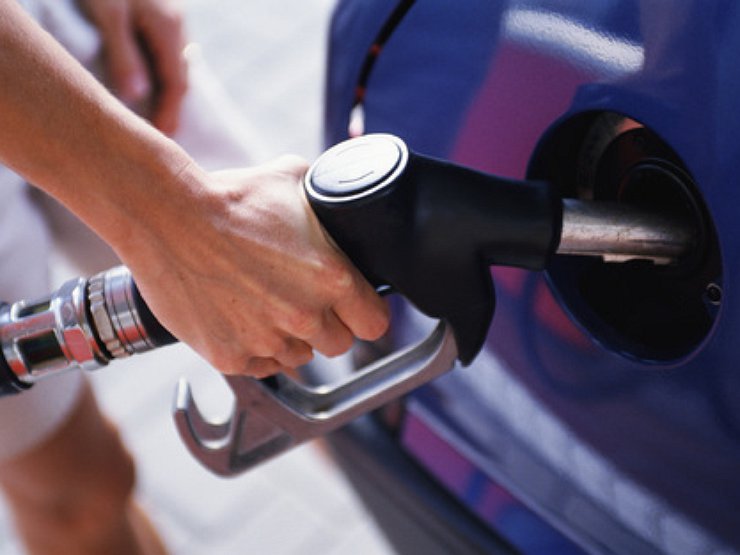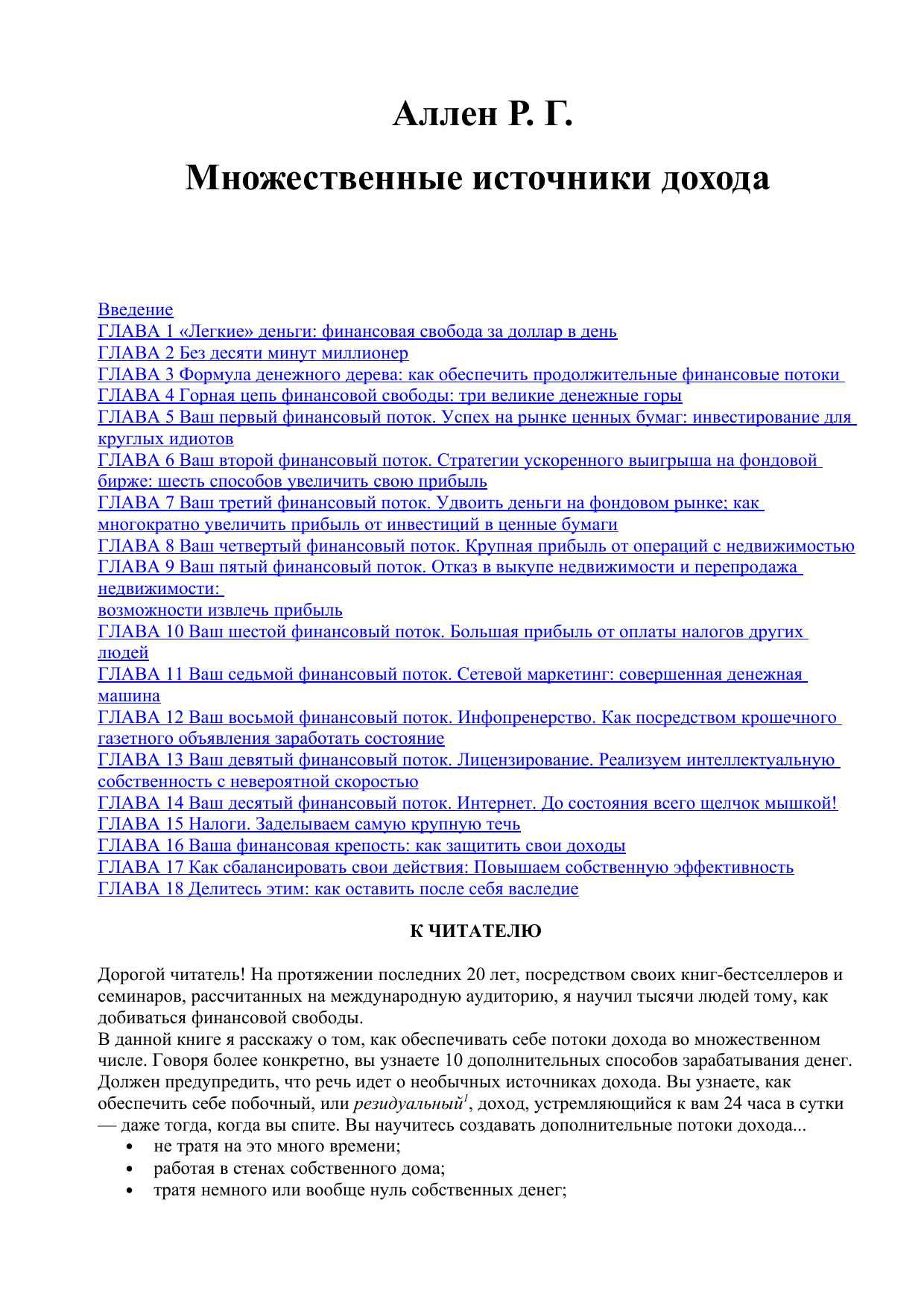
How not to spend more money when refueling your car with gasoline
Content
There are some habits we make while driving that you may not be aware of that affect the fuel efficiency of your car. A prime example of this is low tires or the addition of luggage racks.
Stopping for gas can be a headache for some drivers, and the minutes seem to slow down as you wait for the tank to fill up, especially when you watch how much money you get when you fill up.
Gas prices are constantly fluctuating and you have to stretch your budget. In addition to buying a car with reasonable fuel economy, there are other ways and habits you can adopt to avoid spending more when it comes to refueling.
Pay attention to your driving habits
The claimed fuel economy you see from manufacturers and review websites doesn't always match what you get from your car in real life. This can be frustrating if you're buying a car with fuel efficiency in mind, but it's not necessarily the manufacturer's fault. In fact, your personal driving style and habits can contribute to your car's fuel economy. If you pay attention and even make a few changes, you can improve your car's fuel economy.
Smooth driving is an important habit that is easy to give up. Hard acceleration and braking can make your driving more exciting, but it can also negatively impact your vehicle's fuel economy. According to Consumer Reports, the science behind this is pretty simple.
Hard acceleration uses more fuel and the car does not always accelerate much faster, especially if you are driving a heavy vehicle. Whether you break down too often or too often, you are wasting the fuel you used to catch up in the first place.
Stop Believing Old Fuel Economy Myths That Don't Work
In an effort to improve fuel economy and slightly increase tank performance, easily debunked myths about fuel economy can be easily followed. For example, using premium gasoline or gasoline with a higher octane rating than your vehicle requires will not improve fuel economy.
Of course, if your vehicle requires premium or plus gasoline, . The point is, there's really no reason to pay more money for a higher octane rating than your car actually needs.
Keep track of vehicle maintenance and repairs
The condition of your vehicle's engine and other components can also affect your vehicle's fuel economy. , for example, means that the gasoline the engine uses to accelerate the car is used inefficiently, resulting in wasted fuel. Dirty engines with old and used oil tend not to be as efficient and can also affect your car's fuel economy.
It also doesn't hurt to pay attention to the aerodynamics of your car. While roof racks, bike racks, and other external devices that can help you travel with more cargo can be incredibly helpful, research has shown that keeping bike racks and other devices attached to your vehicle can actually undermine economy of your vehicle. .
*********
:
-
-
